Fine Motor Skills Normal Upper & Lowercase Letters Worksheets for Ages 4-5
22 filtered results
-
From - To
Enhance your child's pre-writing abilities with our Fine Motor Skills Normal Upper & Lowercase Letters Worksheets tailored for ages 4-5. These meticulously crafted worksheets offer engaging activities to help young learners practice writing both uppercase and lowercase letters, strengthening their fine motor skills in the process. Designed by educational experts, each worksheet aims to develop pencil control, hand-eye coordination, and muscle memory. Ideal for preschool and kindergarten readiness, these printable resources provide a fun, effective way to boost confidence and lay a robust foundation for future writing success. Grow your child's writing capabilities today!
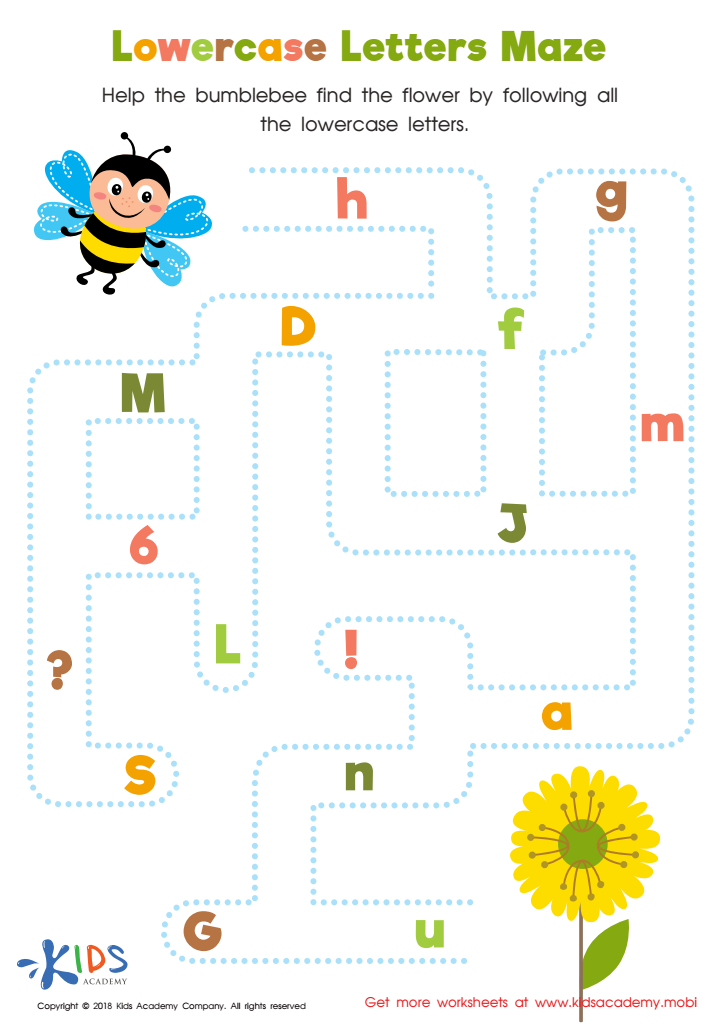

Lowercase Letters Maze Worksheet
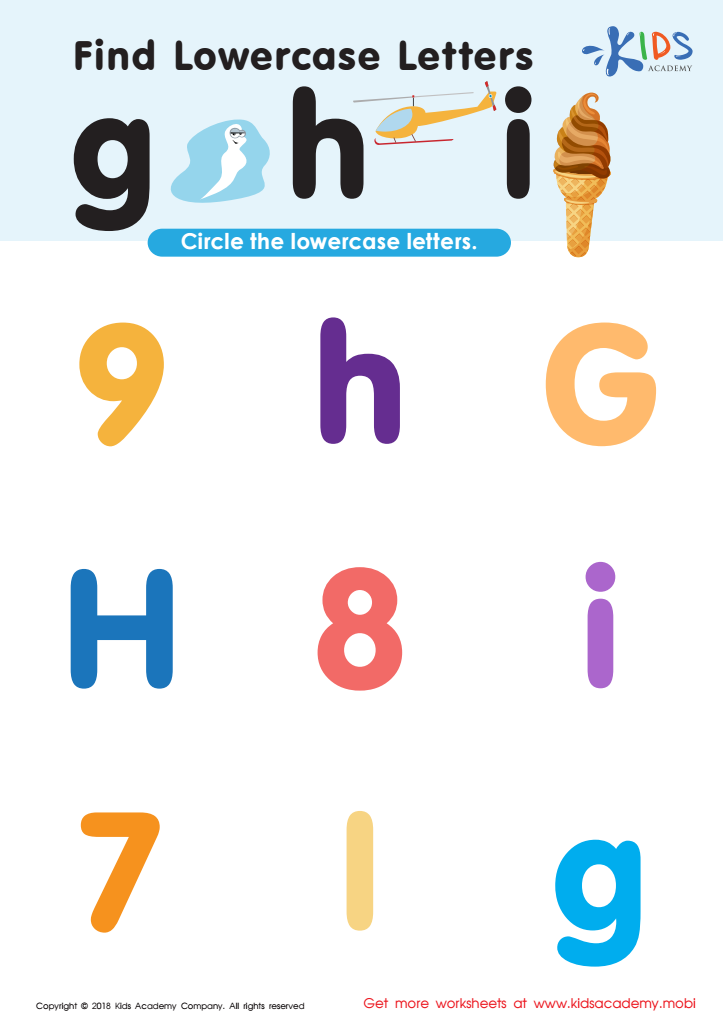

Find Lowercase Letters g h i Worksheet
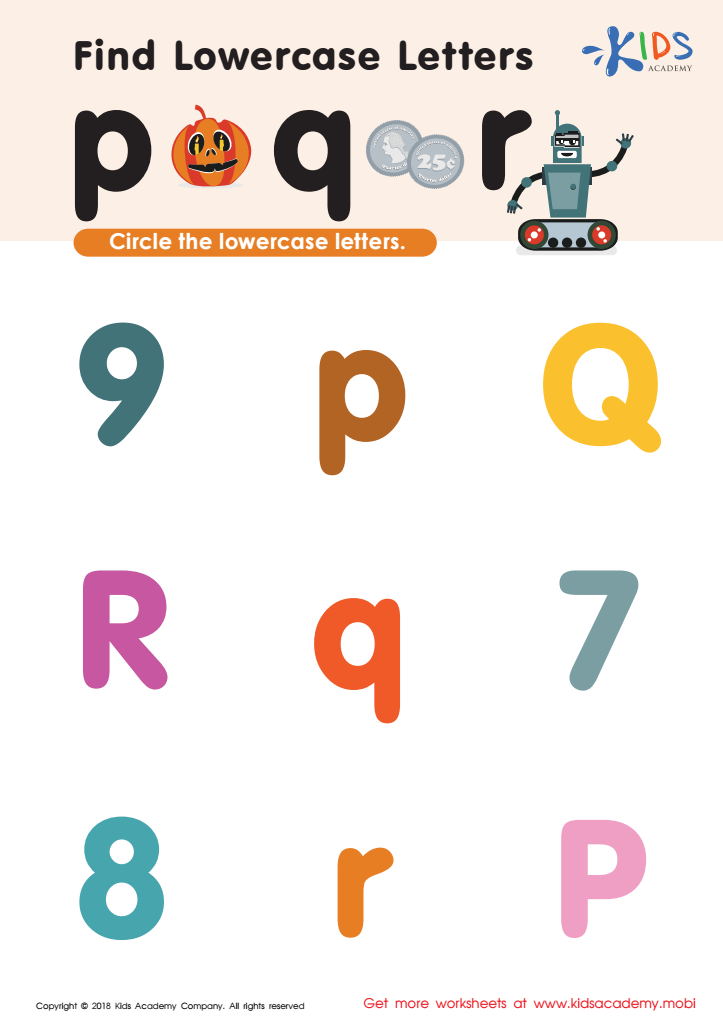

Find lowercase Letters p q r Worksheet
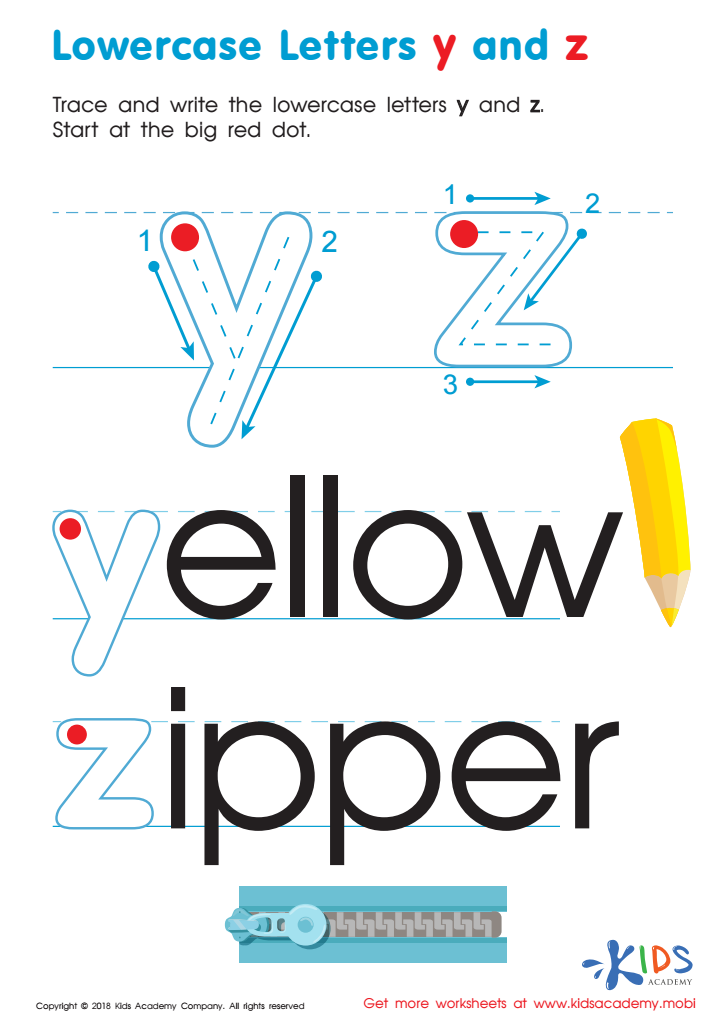

Lowercase Letters y z Worksheet
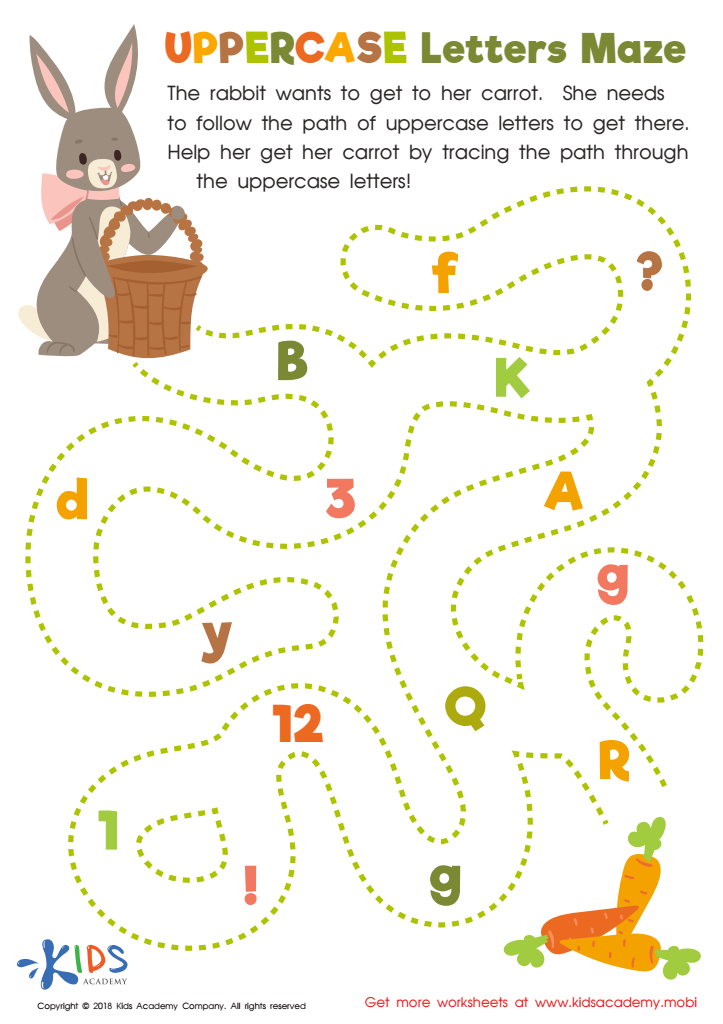

Uppercase Letters Maze Worksheet
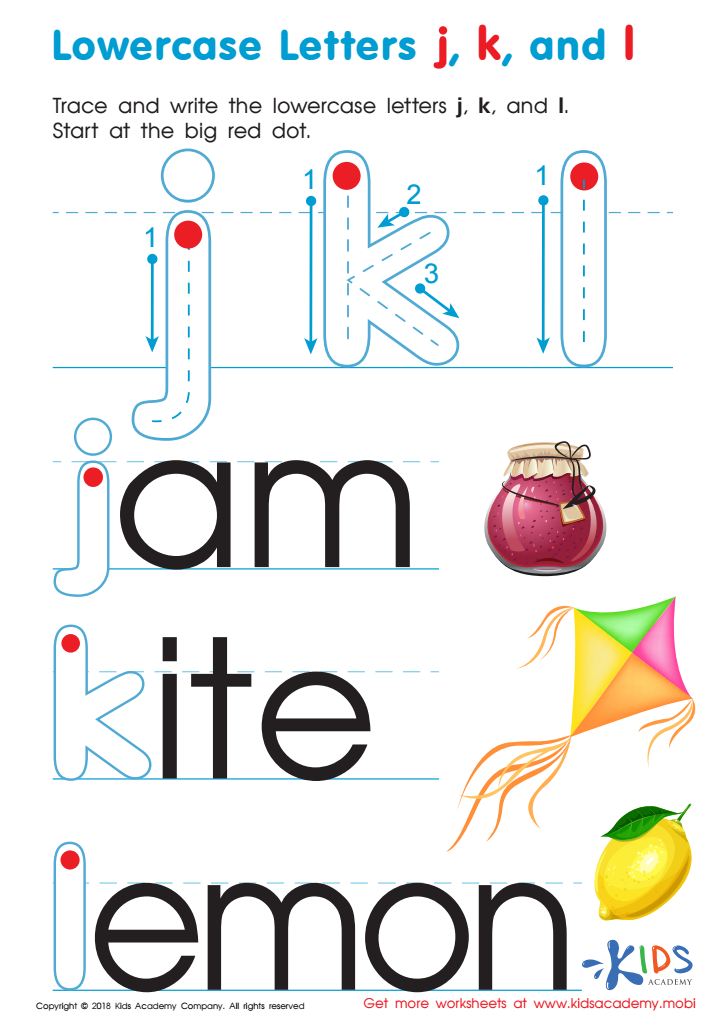

Lowercase Letters j k l Worksheet
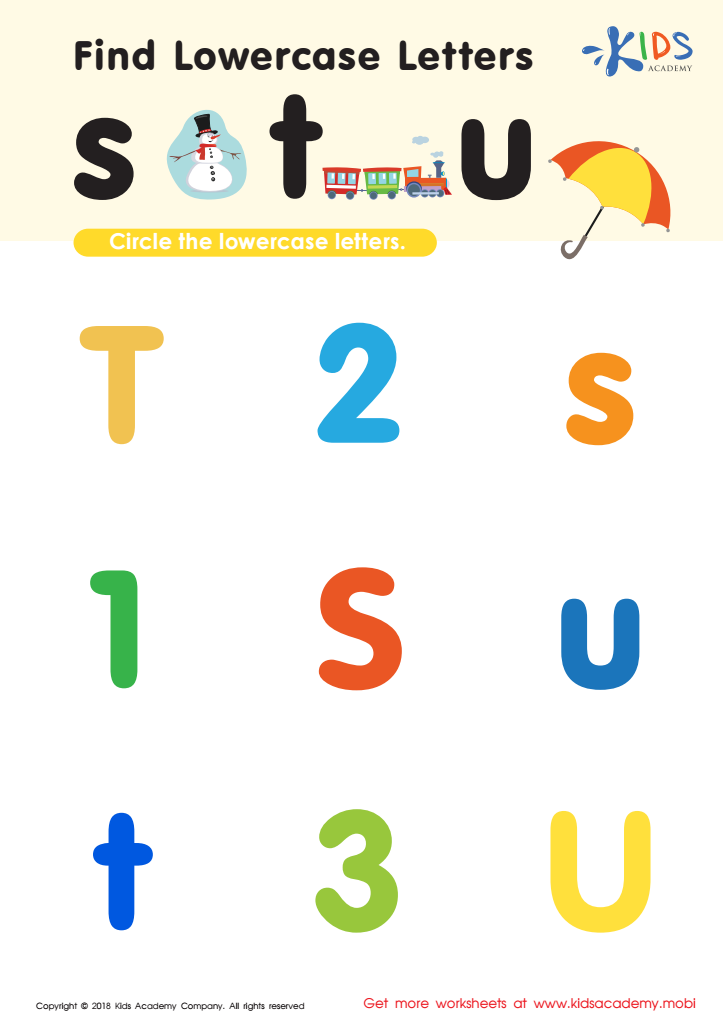

Find lowercase Letters s t u Worksheet
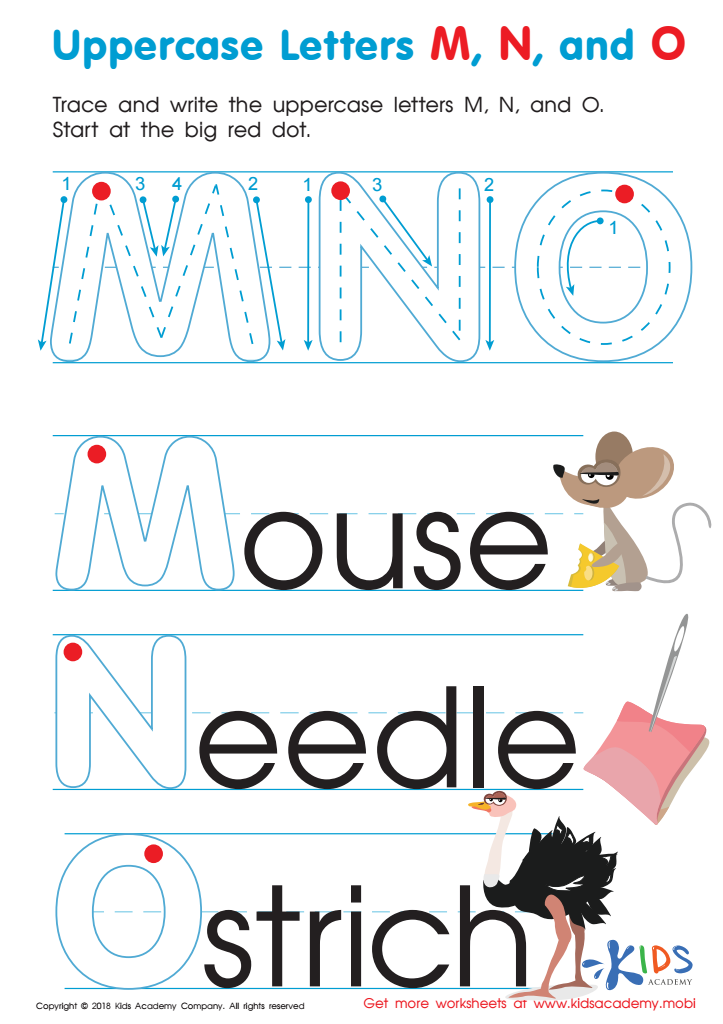

Uppercase Letters M, N, and O Worksheet
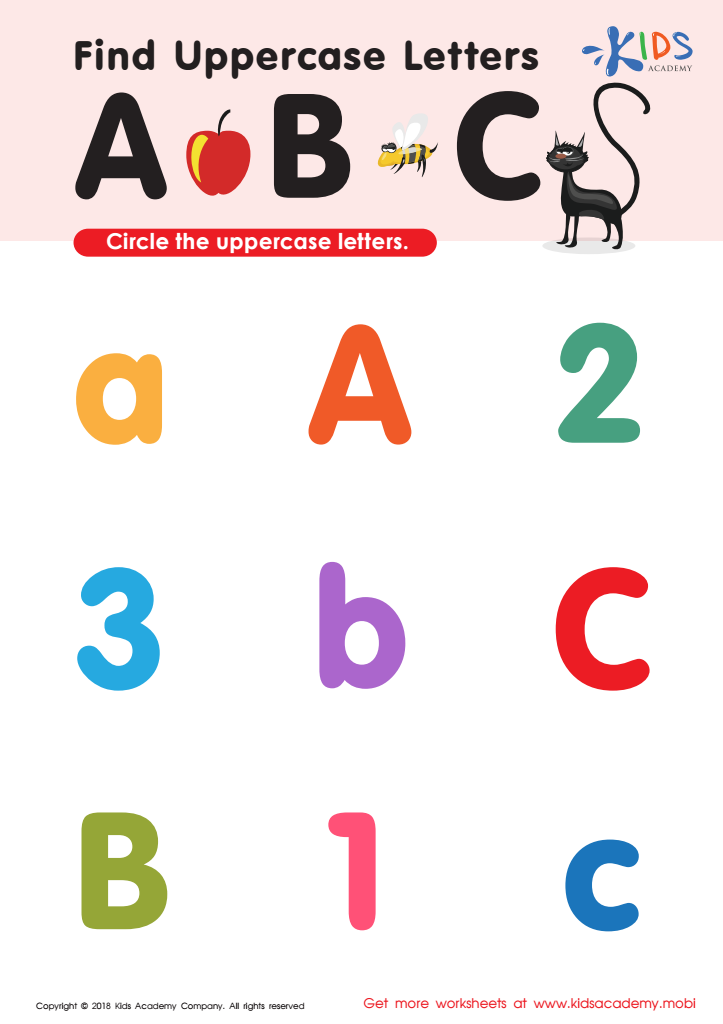

Find Uppercase Letters A, B, and C Worksheet
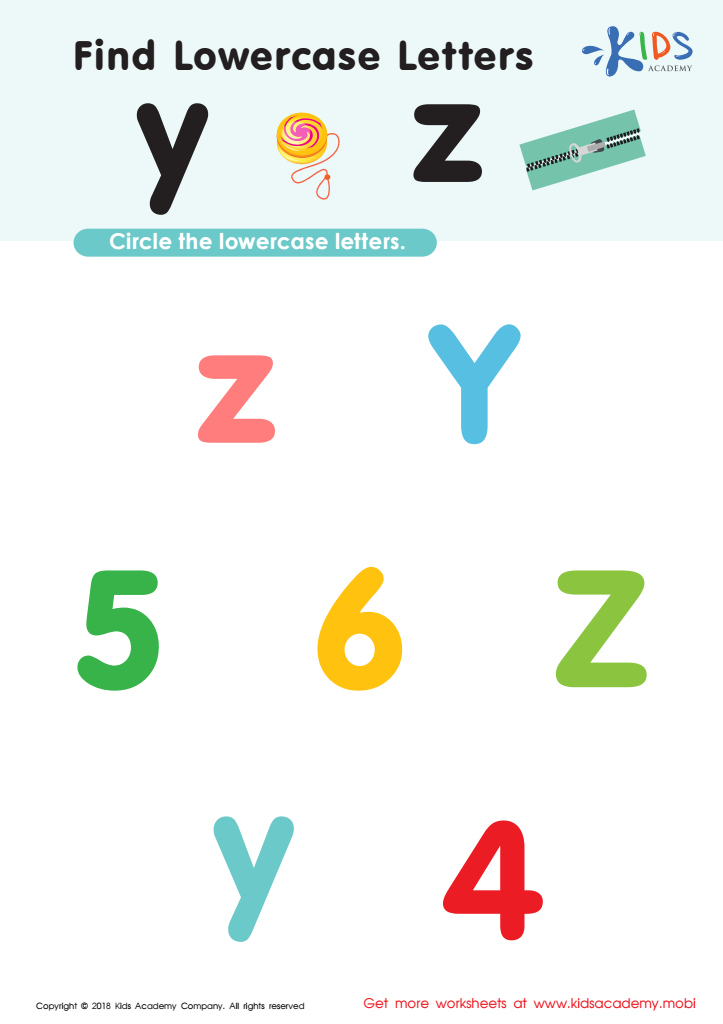

Find Lowercase Letters y z Worksheet
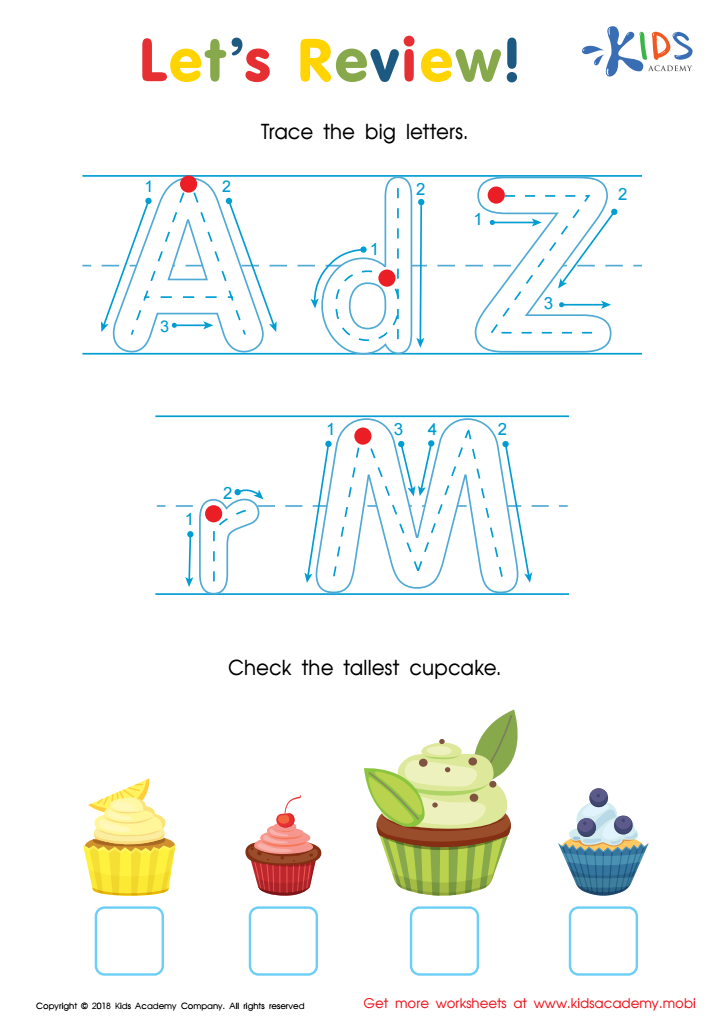

Let's Review! Big Letters Worksheet
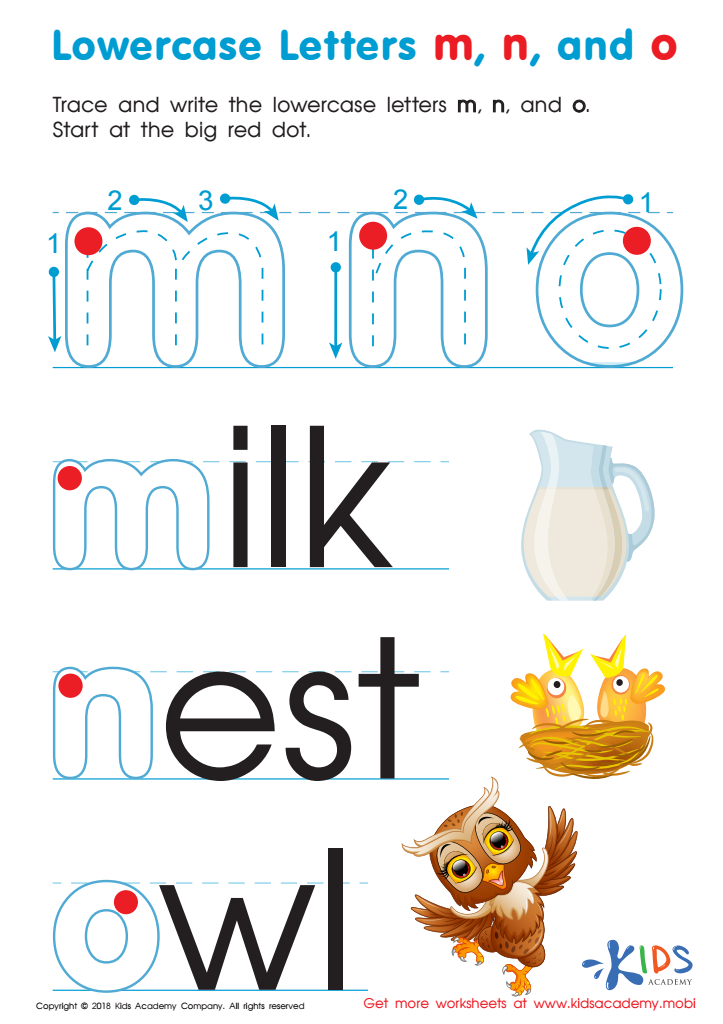

Lowercase Letters m n o Worksheet
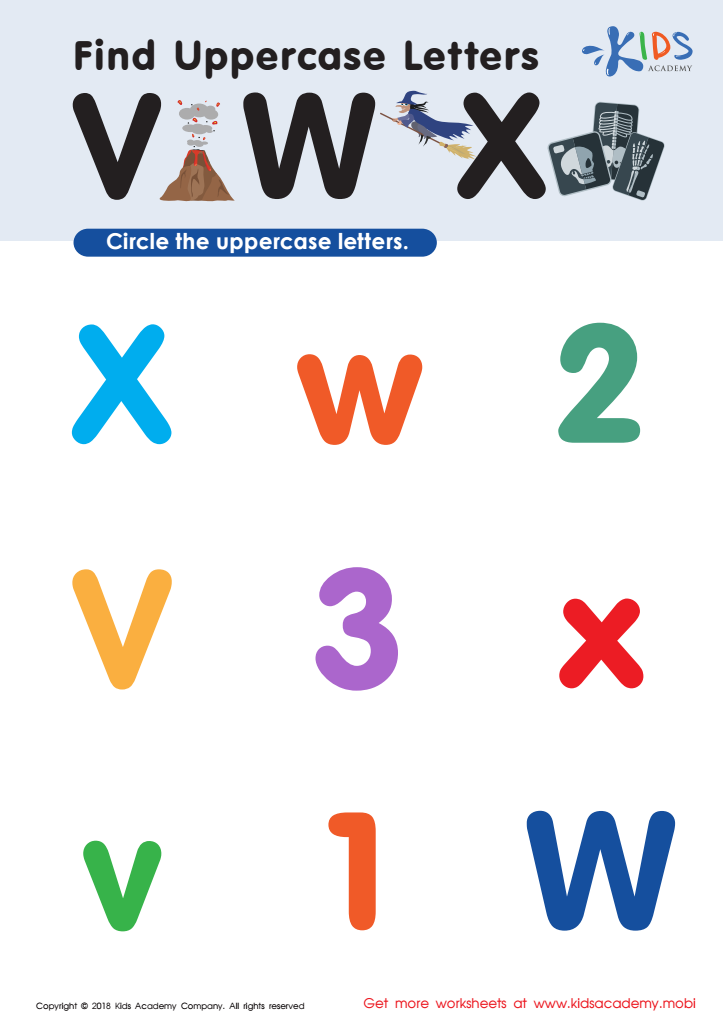

Find Uppercase Letters V, W, X Worksheet
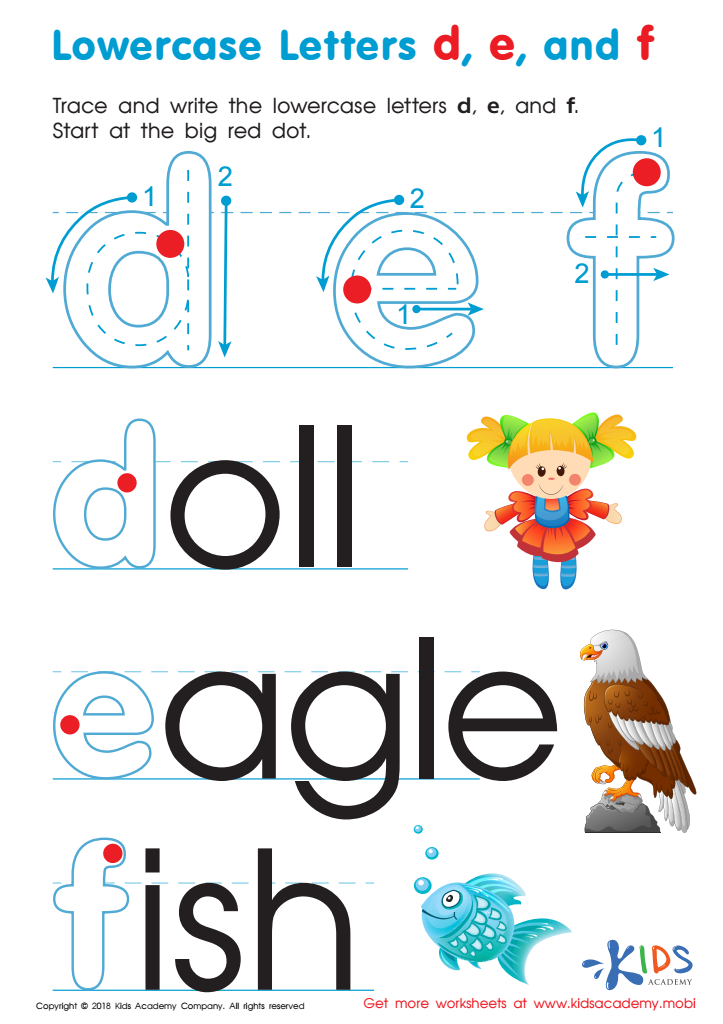

Lowercase Letters d e f Worksheet
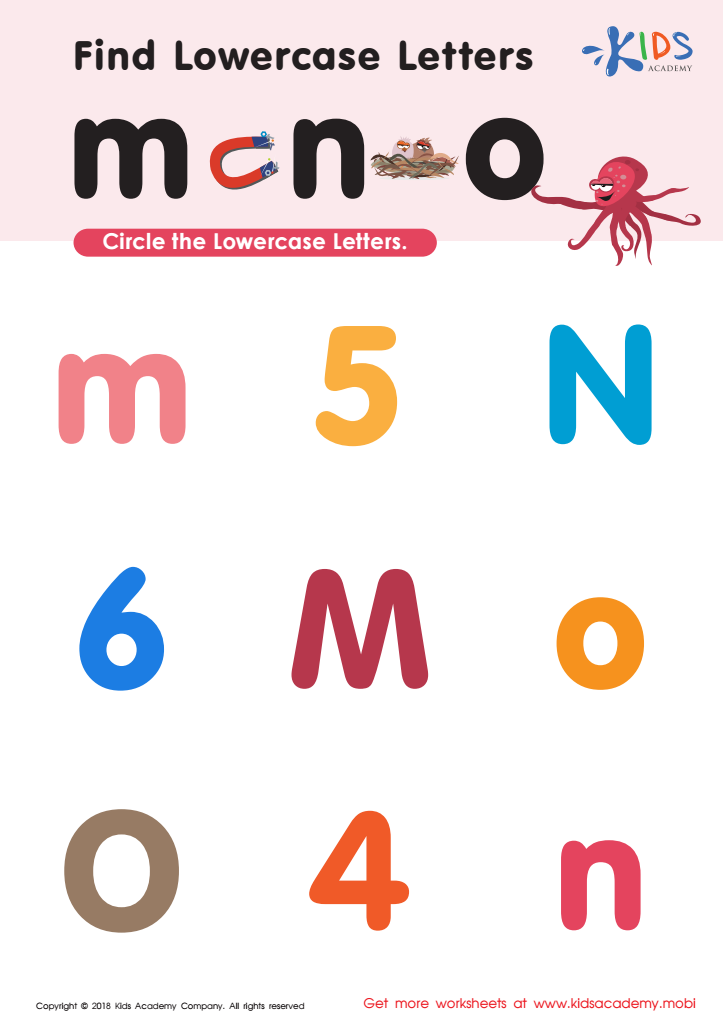

Find Lowercase Letters m n o Worksheet
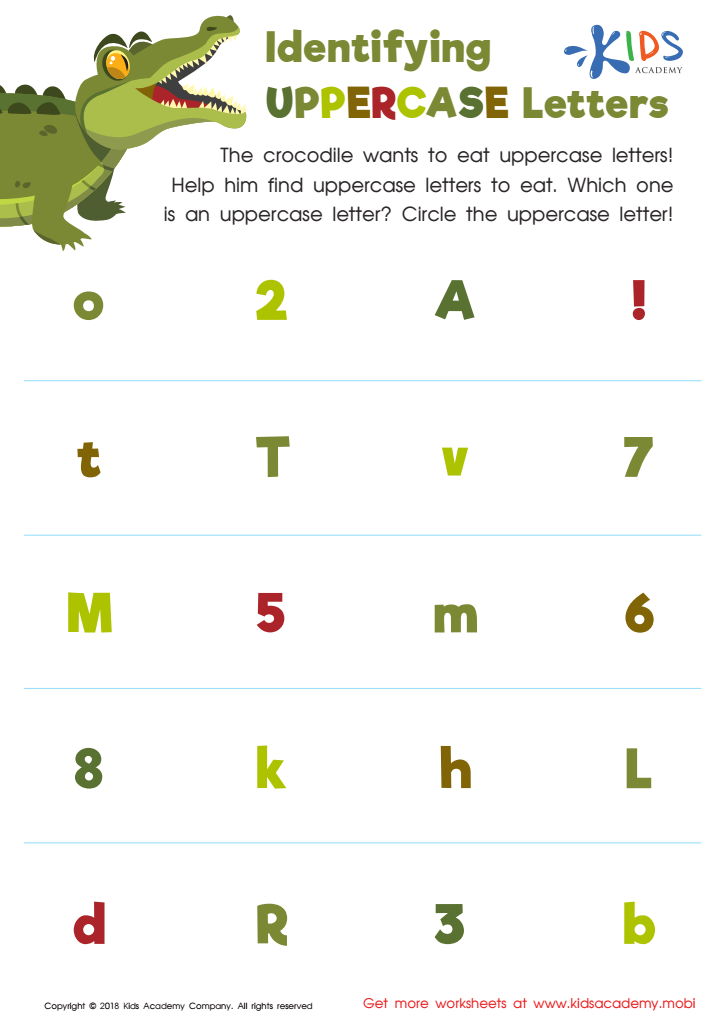

Identifying Uppercase Letters Worksheet
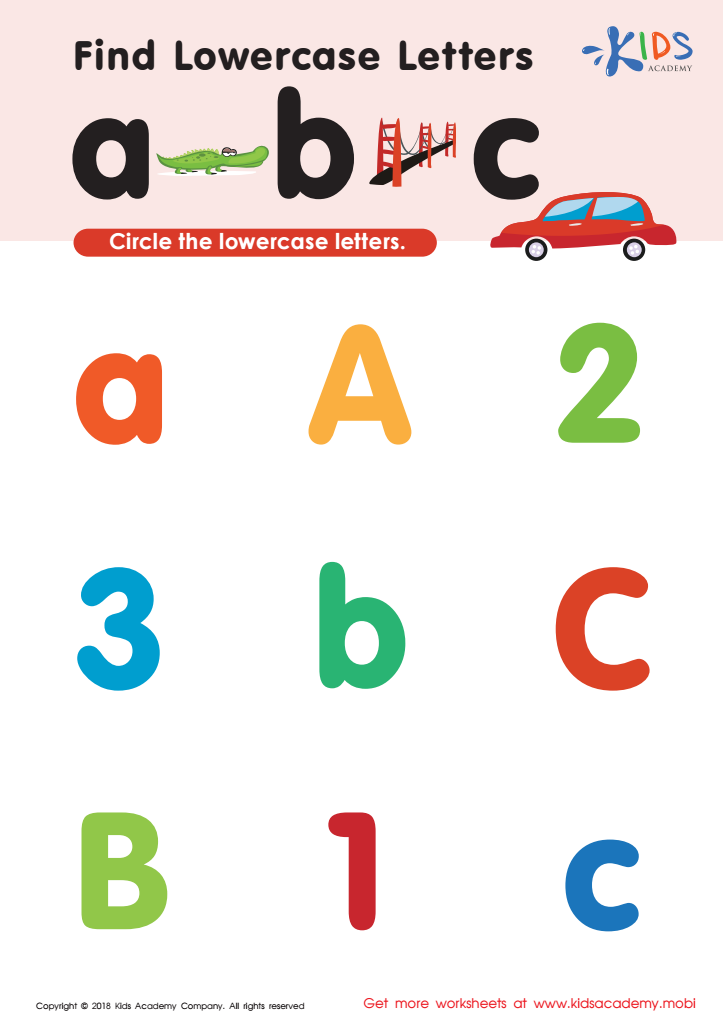

Find lowercase letters a b c Worksheet
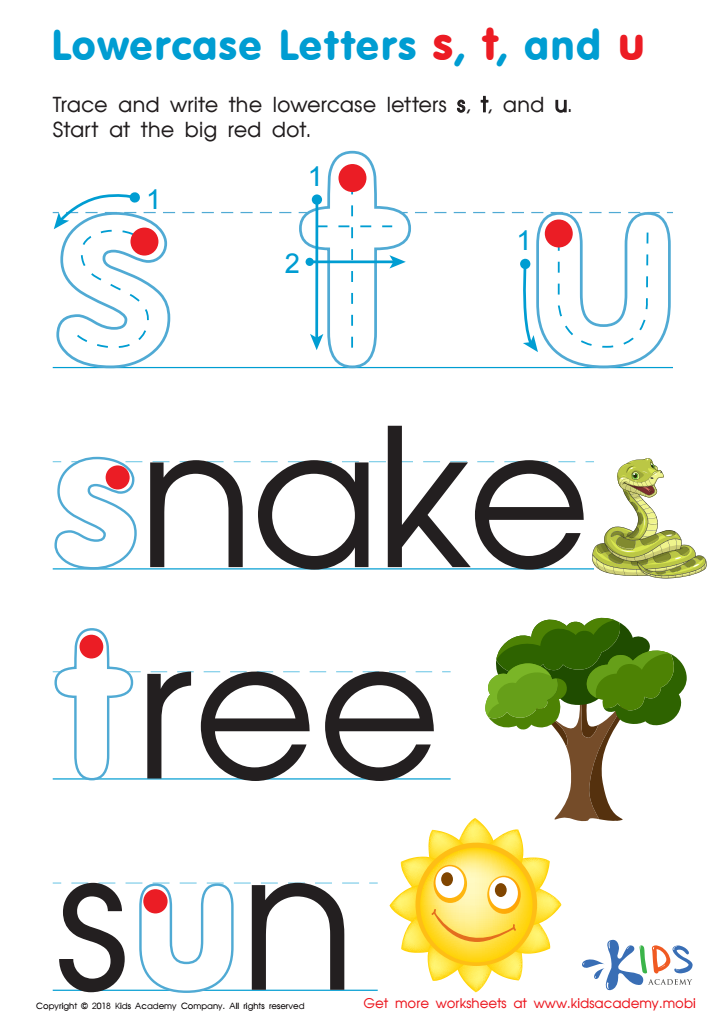

Lowercase Letters s t u Worksheet
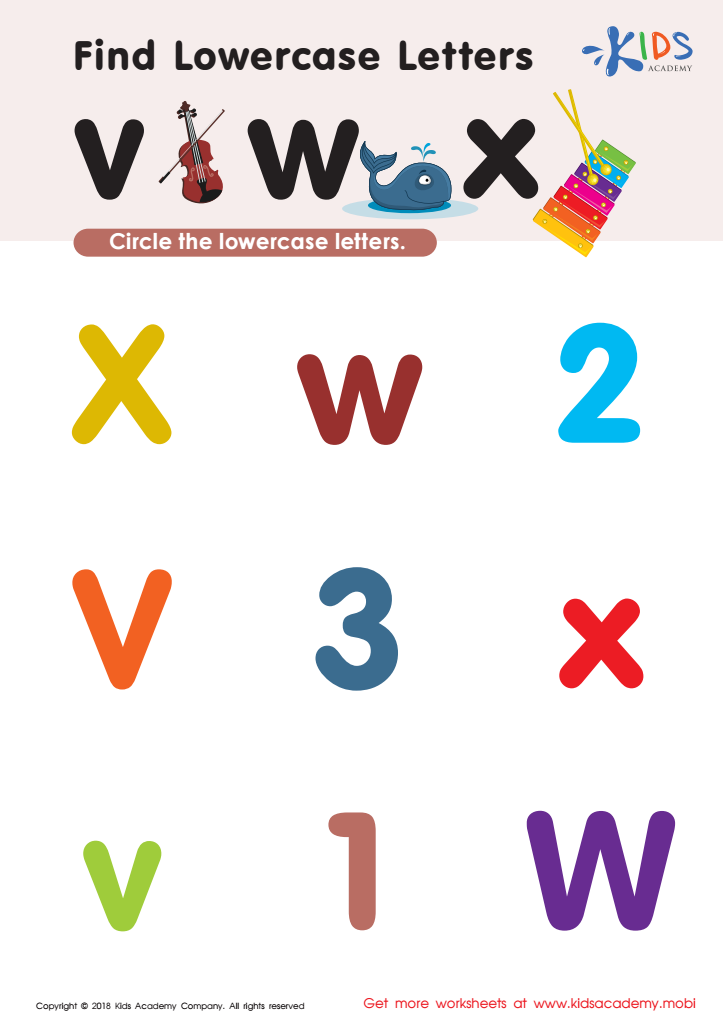

Find Lowercase Letters v w x Worksheet
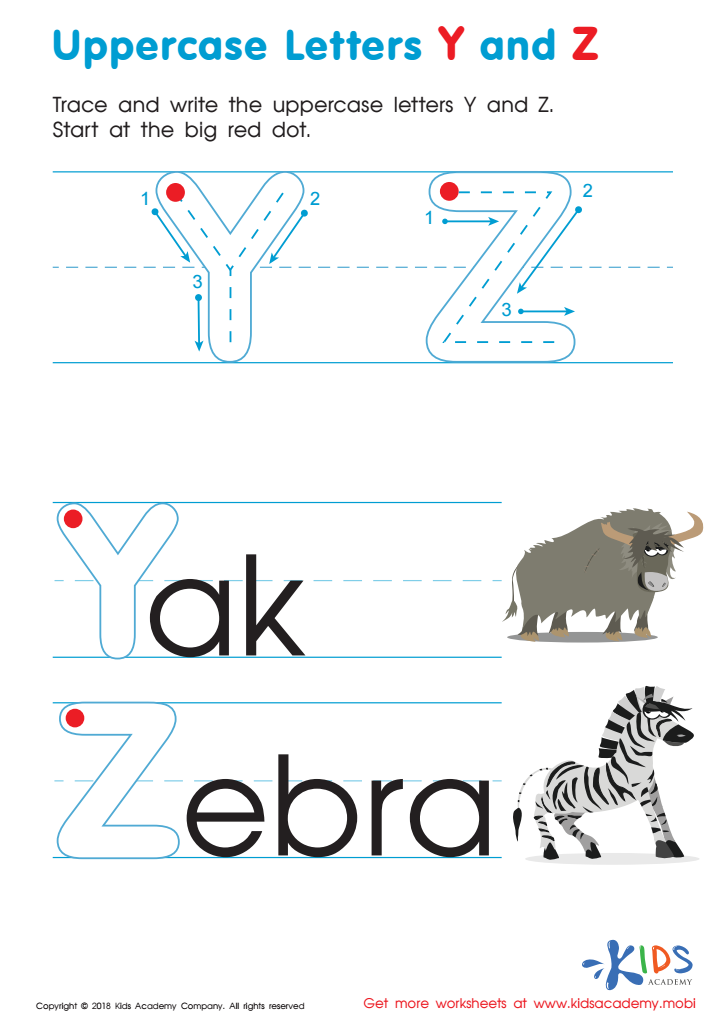

Uppercase Letters Y Z Worksheet
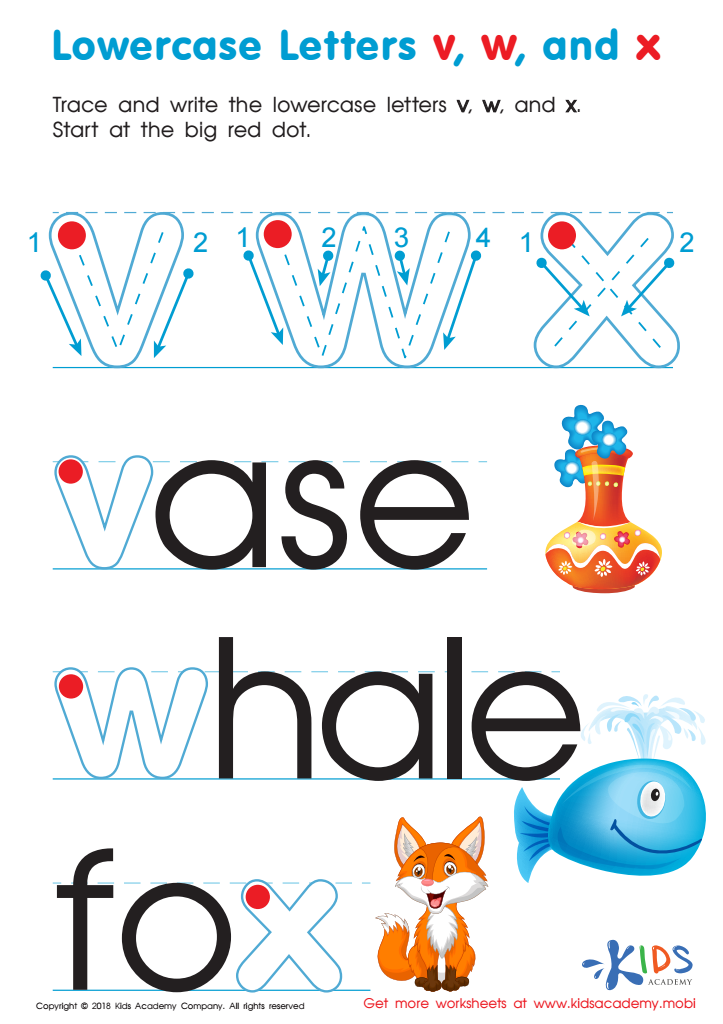

Lowercase Letters v w x Worksheet
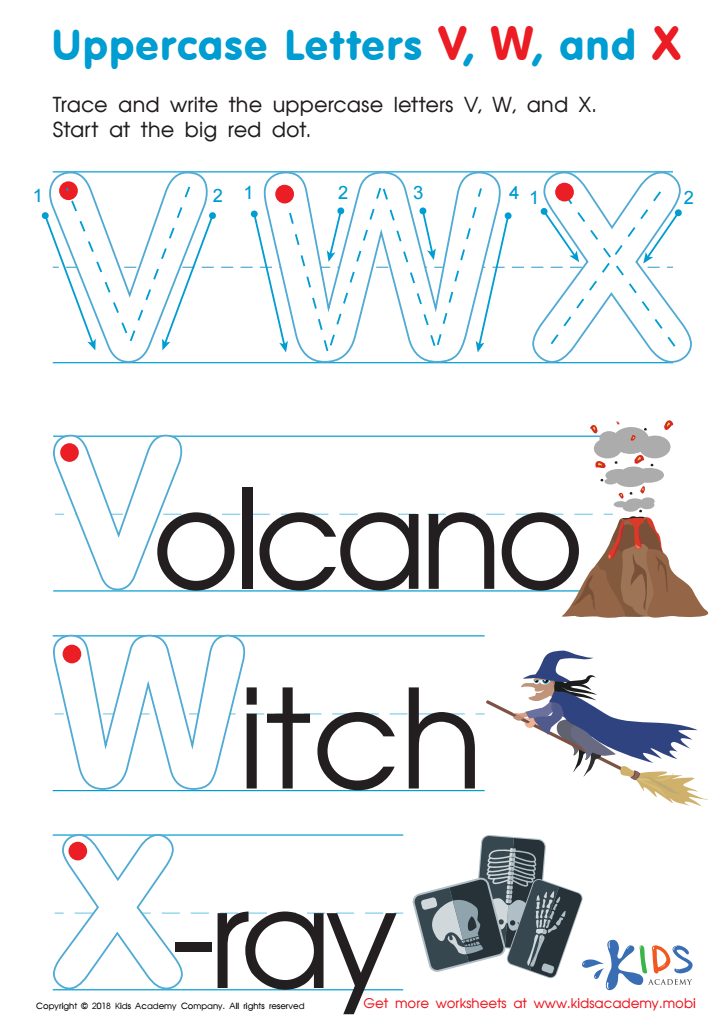

Uppercase Letters V, W, and X Worksheet
Fine motor skills refer to the coordination of small muscles, principally in the hands and fingers, to perform tasks involving precision and control. These skills are especially crucial for children ages 4-5 as they form the groundwork for many everyday activities, including the ability to write normal upper and lowercase letters effectively.
Parents and teachers should prioritize the development of fine motor skills at this age because these skills are foundational for academic success. Writing is a key mode of communication in educational settings. Children who can adeptly use pencils or crayons to form letters have improved chances of excelling in early literacy. Proper penmanship boosts confidence and encourages a positive attitude toward learning tasks.
Moreover, writing upper and lowercase letters helps children recognize the differences in letter shapes, reinforcing letter recognition. This is paramount for alphabet familiarity, which is a precursor to reading and vocabulary acquisition. Motor skills associated with letter formation also contribute to other developmental milestones like buttoning clothes, using utensils, and even tying shoelaces.
Finally, consistent practice of fine motor tasks increases attention to detail and improves cognitive abilities such as planning and spatial orientation. Encouraging fine motor development means nurturing holistic growth—both academic and practical—benefiting children well into their future educational endeavors.
 Assign to My Students
Assign to My Students












